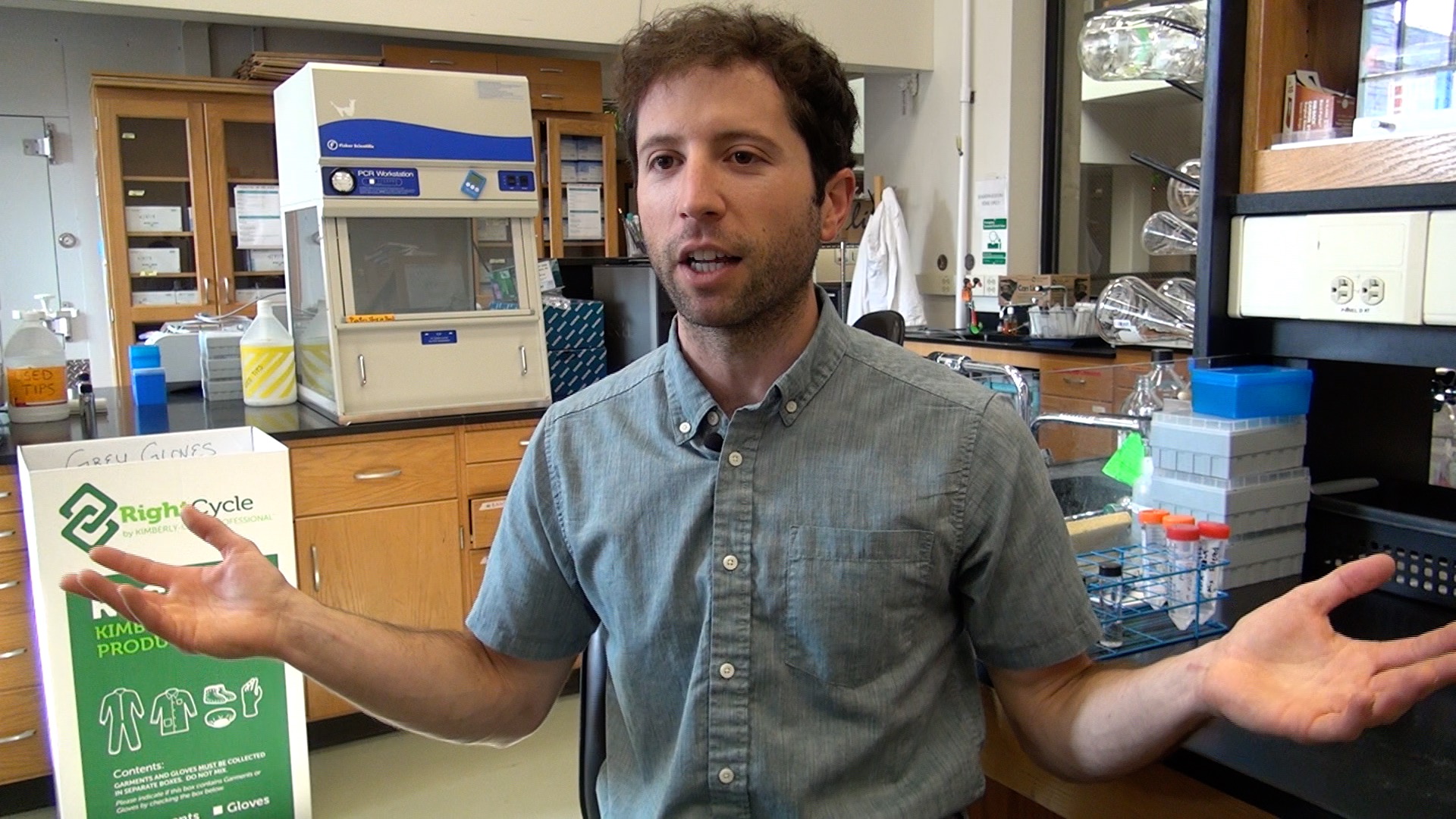Spaceport Earth. This week on How on Earth, we speak with Joe Pappalardo about his book “Spaceport Earth”. With the successes of Space-X and Blue Origin, private and commercial spaceflight is a fast growing business. Pappalardo talks with us about this new space industry and the advances and setbacks that have been faced. In particular, Pappalardo shares his knowledge about the spaceports, new and old, that are part of the new space endeavours. We also talk about how these new launch opportunities provide new ways to support the scientific exploration of both Earth and space.
Hosts: Alejandro Soto, Joel Parker
Producer: Alejandro Soto
Engineers: Joel Parker
Contributers: Shelley Schlender
Executive Producer: Susan Moran
Listen to the show here:
Podcast: Play in new window | Download (Duration: 26:29 — 24.2MB)
Subscribe: RSS

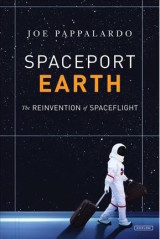
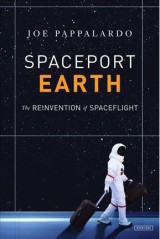


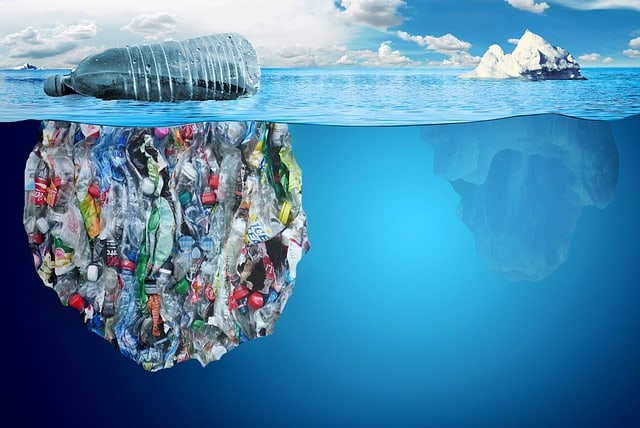
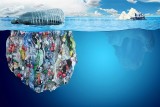
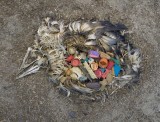
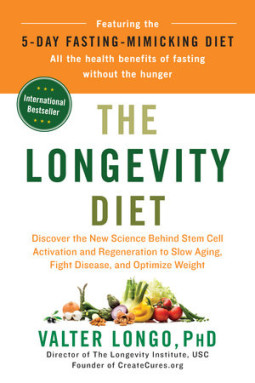
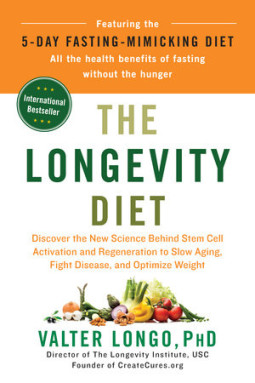
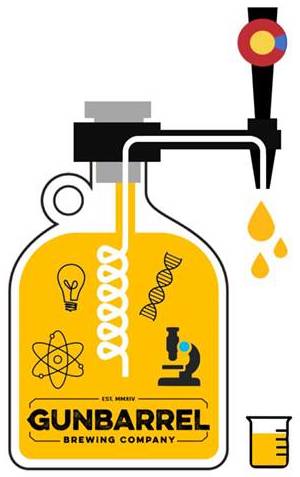
 Boulder, Colorado has a rich culture of science, as the home for serveral prestigious national laboratories, a thriving technology industry, the flagship campus of the University of Colorado and various joint ventures between them. As a science enthusiast, where might you go to find a community of like minded people? Must you work in a lab? Teach at a university? Enroll as a student? Well now Boulder has
Boulder, Colorado has a rich culture of science, as the home for serveral prestigious national laboratories, a thriving technology industry, the flagship campus of the University of Colorado and various joint ventures between them. As a science enthusiast, where might you go to find a community of like minded people? Must you work in a lab? Teach at a university? Enroll as a student? Well now Boulder has 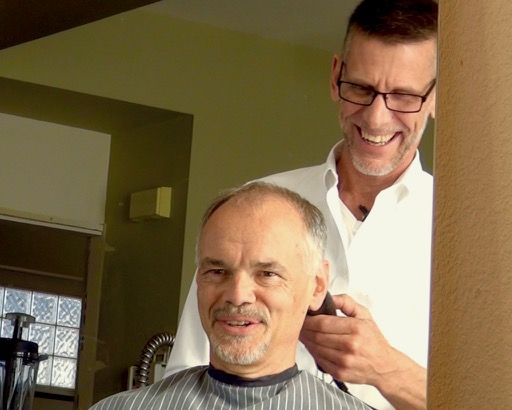
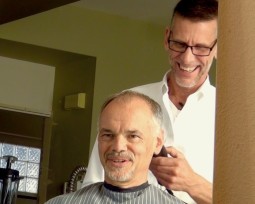
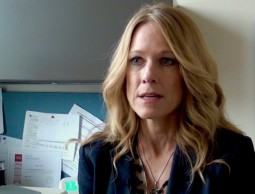
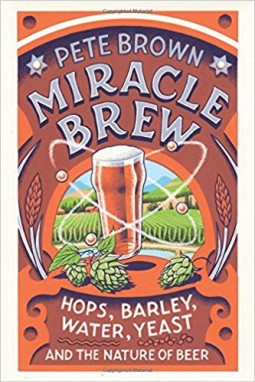
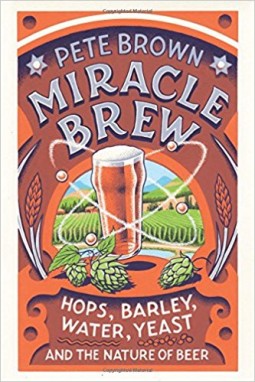

 For this end-of-the-year/start-of-the-year How on Earth show, we look back to 2017 with clips from some of our features from the past year: selections about tracking methane leaks,
For this end-of-the-year/start-of-the-year How on Earth show, we look back to 2017 with clips from some of our features from the past year: selections about tracking methane leaks, 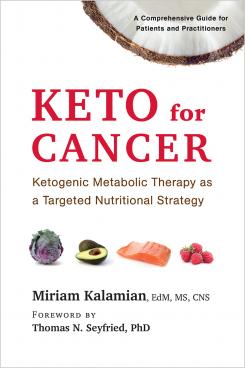
 This week on How on Earth, Beth finishes the interview with Miriam Kalamian, author of Keto for Cancer. This encyclopedic volume lays out the groundwork for using a ketogenic diet to treat cancer. But, as the author points out, the diet, which starves cancer cells, should be used in conjunction with other therapies. To see the book, go to https://www.chelseagreen.com/keto-for-cancer; to see Miriam’s website go to https://www.dietarytherapies.com/
This week on How on Earth, Beth finishes the interview with Miriam Kalamian, author of Keto for Cancer. This encyclopedic volume lays out the groundwork for using a ketogenic diet to treat cancer. But, as the author points out, the diet, which starves cancer cells, should be used in conjunction with other therapies. To see the book, go to https://www.chelseagreen.com/keto-for-cancer; to see Miriam’s website go to https://www.dietarytherapies.com/